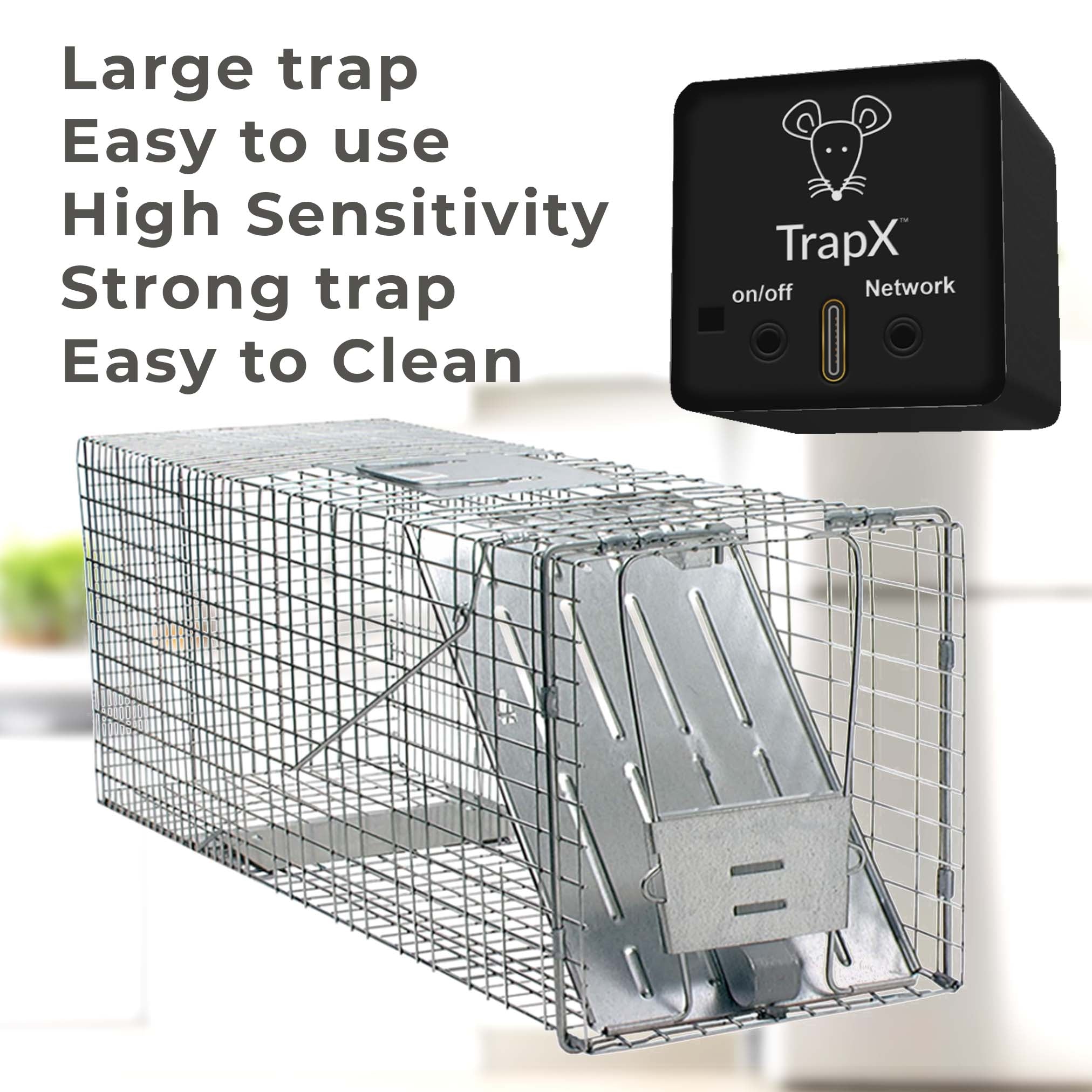Ensuring the safety and cleanliness of daycares is a top priority for both parents and regulatory bodies. One significant aspect of maintaining health standards in daycare centers is regular rodent inspections. But how often are daycares required to have rodent inspections? Let's delve deep into this critical topic to understand the various requirements and regulations surrounding it.

Importance of Rodent Inspections in Daycares
Rodents can pose serious health risks, especially in environments where children spend a significant amount of time. These risks include food contamination, allergic reactions, and the spread of diseases. Regular rodent inspections ensure a safe and healthy environment for children, preventing any potential infestations and related health hazards.

Legal Requirements for Rodent Inspections
Federal Regulations
While there are federal guidelines concerning health and safety in childcare facilities, the specifics of how often daycares are required to have rodent inspections can vary. Generally, federal regulations mandate that all daycare facilities must maintain a clean and sanitary environment, which inherently includes regular pest control measures. However, these guidelines are often broad, leaving states and localities to set more specific regulations.
State and Local Regulations
Each state has its own set of regulations when it comes to daycare health standards. For instance, some states may require quarterly inspections, while others might mandate bi-annual checks. Additionally, local health departments may impose their own rules, adding another layer of specificity.

Frequency of Rodent Inspections
To answer the question of how often daycares are required to have rodent inspections, we must consider both general recommendations and specific regulations. Here are some general guidelines:
- Quarterly Inspections: Many daycares opt for quarterly rodent inspections to ensure there are no infestations. This frequency is often recommended by pest control professionals. Learn more about mouse repellents.
- Bi-Annual Inspections: Some states may require only bi-annual inspections, especially in areas deemed to be low-risk for rodent infestations. For a guide on maintaining rodent-free spaces, read this pest control guide.
- Annual Inspections: In rare cases, some localities may only mandate annual inspections, although this is not commonly recommended. If you need tips on setting up traps, check this comprehensive guide on mouse traps.
It's essential for daycare administrators to consult their local health departments for precise regulations.
Steps Taken During a Rodent Inspection
Understanding what occurs during a rodent inspection can help daycare administrators prepare more effectively. Typically, an inspection will include:
- Assessing the entire premises, including playgrounds and storage areas, for signs of rodent activity.
- Checking for entry points that rodents may use to enter the building. Curious about trap systems? See how the Black Box Mouse Trap works.
- Examining food storage areas to ensure they are rodent-proof.
- Reviewing sanitation practices to identify areas for improvement.
Why Frequent Inspections Matter
Child Safety: Frequent inspections ensure that any potential rodent infestations are caught early, minimizing the risk of disease transmission. For more detailed insights, you can visit Orkin's guide on rodent infestations.
Peace of Mind for Parents: Regular inspections provide parents with the assurance that the daycare center is committed to maintaining a safe environment for their children.
If you're curious to learn more about federal guidelines, click here.
Case Studies: Implementing Effective Rodent Control
Several daycare centers have successfully implemented rigorous rodent control measures. For instance, one daycare in California adopted quarterly inspections and reported a significant decline in rodent sightings over a year. These case studies serve as excellent models for other centers to follow.
FAQs
1. How often should I schedule rodent inspections for a daycare center?
While the exact frequency can vary based on local regulations, quarterly inspections are generally recommended for daycare centers.
2. Are there penalties for not conducting regular rodent inspections in daycares?
Yes, failing to adhere to local and state regulations regarding pest control can result in fines and even the closure of the daycare facility.
3. What should I do if I find rodents in a daycare?
If you discover a rodent infestation, it's crucial to contact a professional pest control service immediately to address the issue and prevent it from recurring.
As an Amazon Associate, I earn from qualifying purchases.
